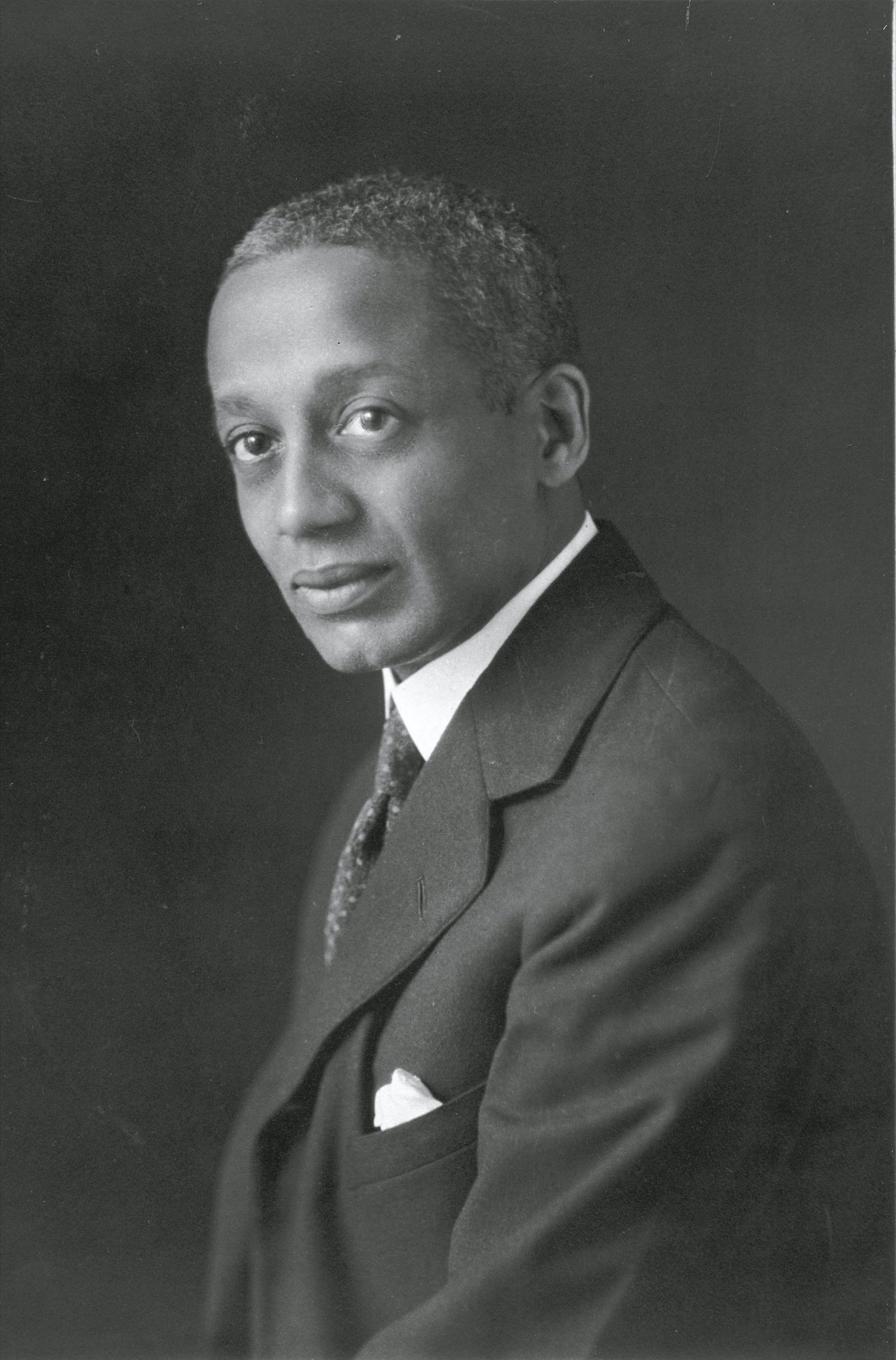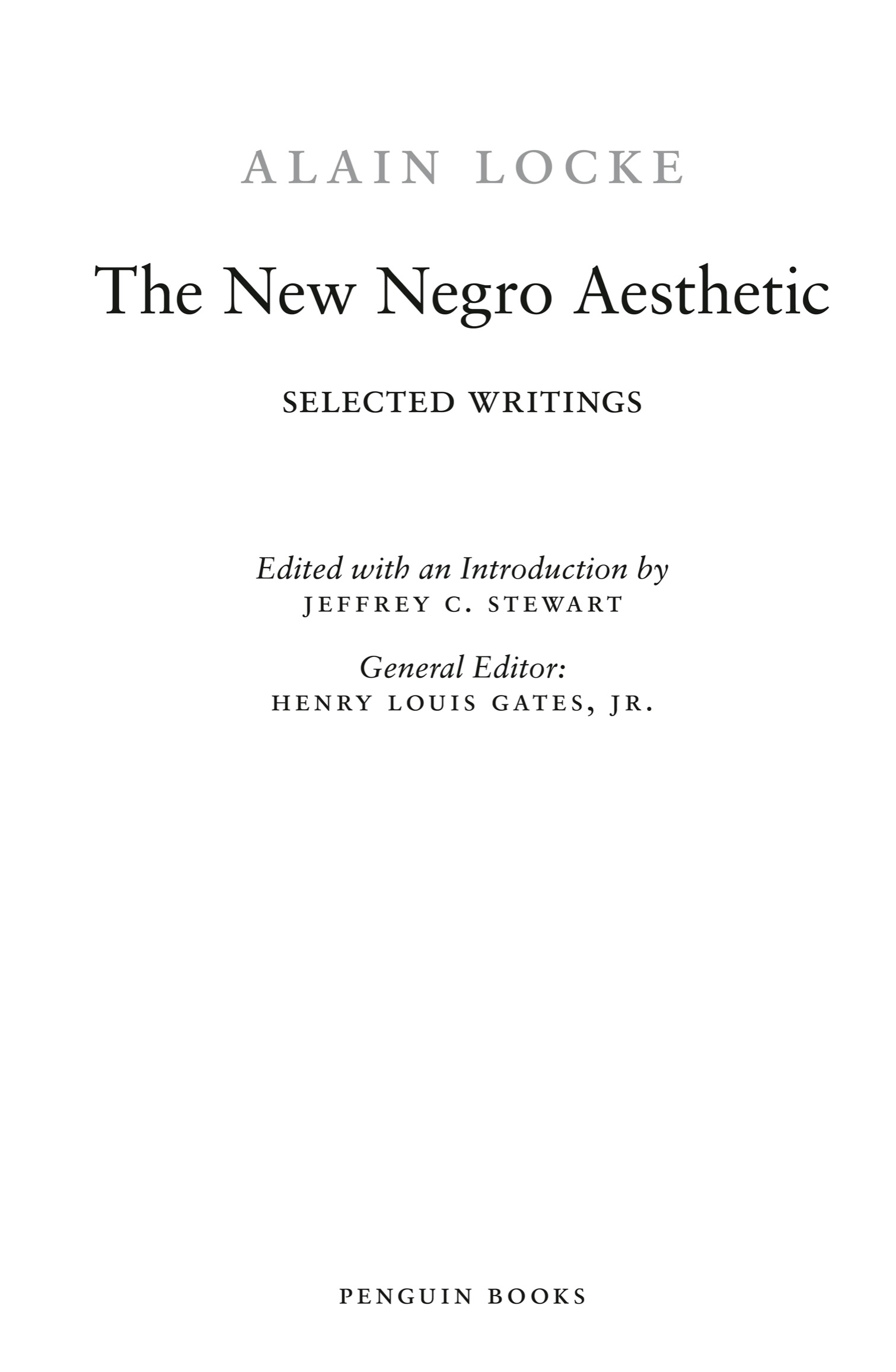Penguin  Classics
Classics
THE NEW NEGRO AESTHETIC
Alain Leroy Locke (18851954) was a philosopher, writer, and educator. He graduated with honors from Harvard University in 1907 and became the first African American to be selected as a Rhodes Scholar at Oxford University. Locke returned to the United States and began teaching English, philosophy, and education at Howard University in 1912, where he helped launch The Stylus, a literary society and magazine, and the Howard Players, which produced Eugene ONeills Emperor Jones. After receiving his PhD in philosophy from Harvard in 1918, Locke continued teaching philosophy but began to publish occasional articles on Black literature, music, and drama and advise an emerging group of writers that included Georgia Douglas Johnson, Jean Toomer, Countee Cullen, Zora Neale Hurston, and Langston Hughes. Locke is best known as the creator of the philosophical concept of the New Negro that anchored the Harlem Renaissance (19251945), a period of significant contributions of African American artists, writers, poets, and musicians. In 1925, he edited The New Negro: An Interpretation, a landmark anthology of African American fiction, poetry, and social commentary, and charted the road forward in numerous critical essays and articles on African American art and culture afterward.
Jeffrey C. Stewart is the MacArthur Foundation Professor of Black Studies at the University of California, Santa Barbara. His biography The New Negro: The Life of Alain Locke was the winner of the 2019 Pulitzer Prize for Biography, the 2019 Mark Lynton History Prize, the 2019 James A. Rawley Prize, and the 2018 National Book Award in Nonfiction. He has been a Fulbright Professor of American Studies at the University of Rome III; a W. E. B. Du Bois and a Charles Warren fellow at Harvard University; and a lecturer at the Terra Foundation for American Art in Giverny, France. He has also been a guest curator of To Color America: Portraits by Winold Reiss (1989) at the Smithsonians National Portrait Gallery and Paul Robeson: Artist and Citizen (1998) at the Zimmerli Art Museum at Rutgers University. His Wyeth Symposium volume, Beauty Born of Struggle, The Art of Black Washington, will be published by the National Gallery of Art in 2022.
Henry Louis Gates, Jr. , is the Alphonse Fletcher University Professor and founding director of the Hutchins Center for African and African American Research at Harvard University. He is editor in chief of the Oxford African American Studies Center and TheRoot.com, and creator of the highly praised PBS documentary The African Americans: Many Rivers to Cross. He is general editor for a Penguin Classics series of African American works.
PENGUIN BOOKS
An imprint of Penguin Random House LLC
penguinrandomhouse.com
Introduction, compilation, and suggestions for further reading copyright 2022 by Jeffrey C. Stewart
General introduction copyright 2008 by Henry Louis Gates, Jr.
Penguin supports copyright. Copyright fuels creativity, encourages diverse voices, promotes free speech, and creates a vibrant culture. Thank you for buying an authorized edition of this book and for complying with copyright laws by not reproducing, scanning, or distributing any part of it in any form without permission. You are supporting writers and allowing Penguin to continue to publish books for every reader.
Frontispiece courtesy of the Moorland-Spingarn Research Center, Howard University Archives, Howard University, Washington, D.C.
Paul Laurence Dunbar by Alain Locke is reprinted with permission of the Manuscript Division of the Moorland-Spingarn Research Center at Howard University.
The author wishes to thank the Crisis Publishing Co., Inc., the publisher of The Crisis, the magazine of the National Association for the Advancement of Colored People, for the use of Freedom Through Art by Alain Locke from the July 1938 edition of The Crisis.
The volume editor wishes to thank Lela J. Sewell-Williams, curator of the Manuscript Division, Moorland-Spingarn Research Center at Howard University, for her outstanding efforts to obtain the frontispiece photo of Alain Locke for this volume.
library of congress cataloging-in-publication data
Names: Locke, Alain, 18851954 author. | Stewart, Jeffrey C., 1950 editor. | Gates, Henry Louis, Jr. editor.
Title: The new Negro aesthetic : selected writings / Alain Locke ; edited with an introduction by Jeffrey C. Stewart ; general editor: Henry Louis Gates, Jr.
Description: [New York] : Penguin Books, [2022] | Includes bibliographical references. | Identifiers: LCCN 2021038793 | ISBN 9780143135210 (paperback) | ISBN 9780525506881 (ebook)
Subjects: LCSH: African AmericansIntellectual life20th century. | African-American arts. | American literatureAfrican American authorsHistory and criticism. | African AmericansRace identity. | LCGFT: Essays.
Classification: LCC E185.97.L79 A5 2022 | DDC 305.896/073dc23/eng/20211018
LC record available at https://lccn.loc.gov/2021038793
Cover art: Jitterbugs (III), ca. 1941 by William H. Johnson (19011970). Smithsonian American Art Museum, Washington, DC / Art Resource, NY.
Adapted for ebook by Shayan Saalabi.
pid_prh_6.0_138931607_c0_r0
For Curmie
Contents
THE NEW NEGRO AESTHETIC
What Is an African American Classic?
I have long nurtured a deep and abiding affection for the Penguin Classics, at least since I was an undergraduate at Yale. I used to imagine that my attraction for these booksgrouped together, as a set, in some independent bookstores when I was a student, and perhaps even in some todaystemmed from the fact that my first-grade classmates, for some reason that I cant recall, were required to dress as penguins in our annual all-school pageant, and perform a collective side-to-side motion that our misguided teacher thought she could choreograph into something meant to pass for a dance. Piedmont, West Virginia, in 1956, was a very long way from Penguin Nation, wherever that was supposed to be! But penguins we were determined to be, and we did our level best to avoid wounding each other with our orange-colored cardboard beaks while stomping out of rhythm in our matching orange, veined webbed feet. The whole scene was madness, one never to be repeated at the Davis Free School. But I never stopped loving penguins. And I have never stopped loving the very audacity of the idea of the Penguin Classics, an affordable, accessible library of the most important and compelling texts in the history of civilization, their black-and-white spines and covers and uniform type giving each text a comfortable, familiar feel, as if we have encountered it, or its cousins, before. I think of the Penguin Classics as the very best and most compelling in human thought, an Alexandrian library in paperback, enclosed in black and white.
I still gravitate to the Penguin Classics when killing time in an airport bookstore, deferring the slow torture of the security lines. Sometimes I even purchase two or three, fantasizing that I can speed-read one of the shorter titles, then make a dent in the longer one, vainly attempting to fill the holes in the liberal arts education that our degrees suggest we have, over the course of a plane ride! Mark Twain once quipped that a classic is something that everybody wants to have read and nobody wants to read, and perhaps that applies to my airport purchasing habits. For my generation, these titles in the Penguin Classics form the canonthe canon of the texts that a truly well-educated person should have read, and read carefully and closely, at least once. For years I rued the absence of texts by Black authors in this series, and longed to be able to make even a small contribution to the diversification of this astonishingly universal list. I watched with great pleasure as titles by African American and African authors began to appear, some two dozen over the past several years. So when Elda Rotor approached me about editing a series of African American classics and collections for Penguins Portable Series, I eagerly accepted.

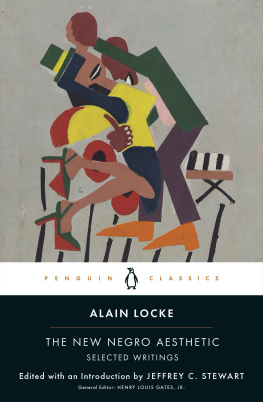
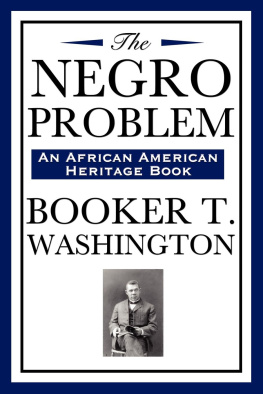

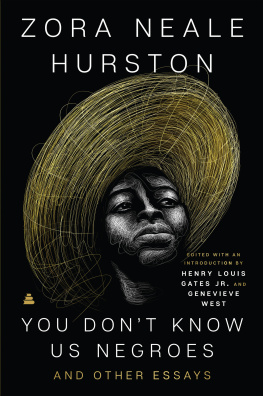
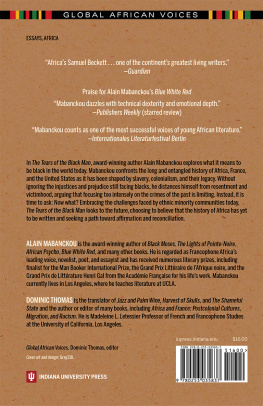
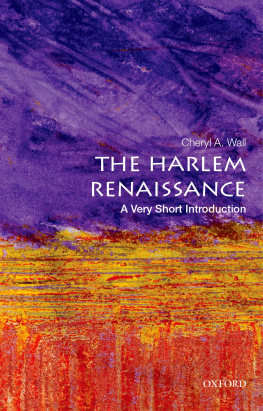
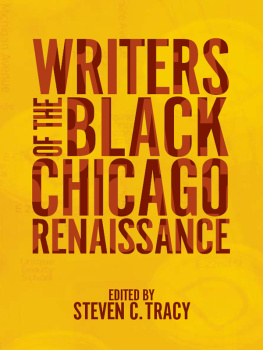
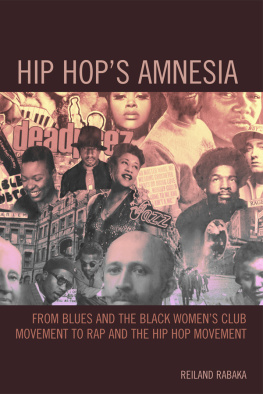
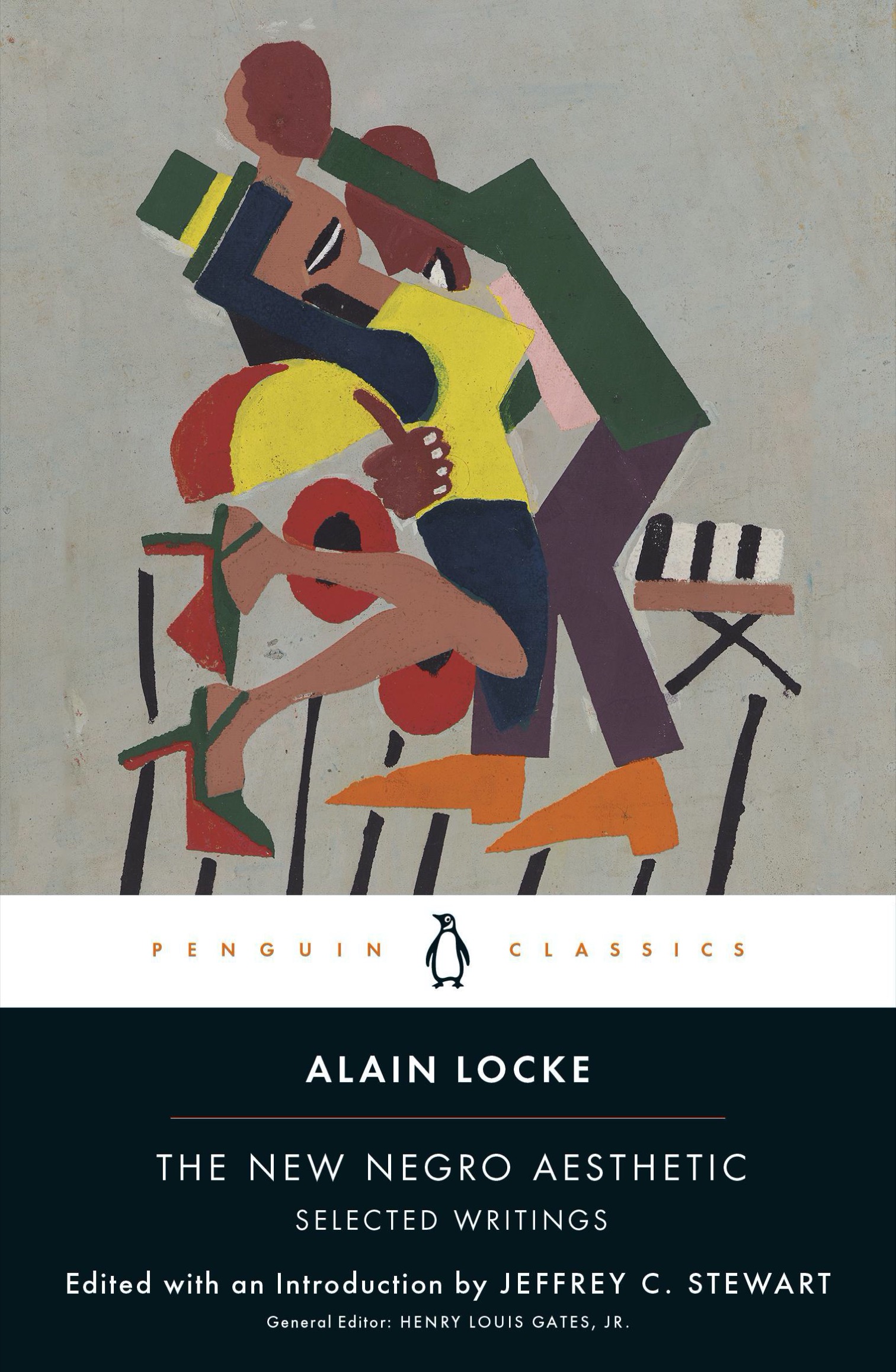
 Classics
Classics